COP30 ends in stalemate as countries clash over fossil fuels and who pays the bill
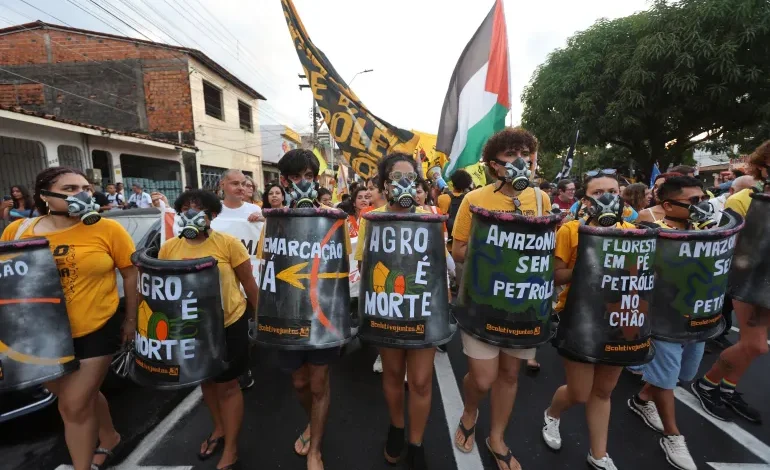
COP30 is limping towards the finish line in Belem with no clear deal and plenty of bruised egos, as deep divisions over fossil fuels and climate finance leave the summit clouded by frustration and political brinkmanship.
Delegates failed to agree on a breakthrough after Brazil circulated a fresh draft that avoided even mentioning the words “fossil fuels,” and offered no roadmap for transitioning away from them. The omission triggered a swift backlash from more than 30 countries across Africa, Europe, Asia and the Pacific, who warned they “cannot support an outcome that does not include a roadmap for implementing a just, orderly and equitable transition” from nonrenewable energy sources.
The standoff marks a sharp contrast with COP28 in Dubai, where governments managed to agree on moving away from fossil fuels. Even then, the final text stopped short of calling for a full “phase-out” following intense pressure from major oil-producing states.
This time, the resistance has been even stiffer. Major energy players including China, India, Saudi Arabia and Russia reportedly pushed back hard against any formal commitment to reduce fossil fuel dependency. A previous draft this week did include language pointing toward a transition, but that provision quietly disappeared from Brazil’s updated proposal.
Hovering over the talks is a familiar tension: ambition versus political reality. The United States, which backed a fossil fuel phase-out under Joe Biden, did not send a delegation, and President Donald Trump continues to dismiss climate change as a “hoax”, weakening momentum for global consensus.
Alongside the energy debate, climate finance has become another flashpoint. Brazil’s draft calls for tripling funding by 2030 compared with 2025 levels, but leaves a critical question unanswered: who pays? Wealthy nations, private investors or multilateral banks? History suggests no easy answers, with rich countries long resisting large-scale funding commitments for climate-vulnerable states.
UN Secretary-General Antonio Guterres, speaking as negotiations edged towards deadlock, said the conference was “down to the wire” and warned against narratives attempting to stall progress.
“Communities on the front lines are watching too, counting flooded homes, failed harvests, lost livelihoods,” he said. “They have heard enough excuses.”
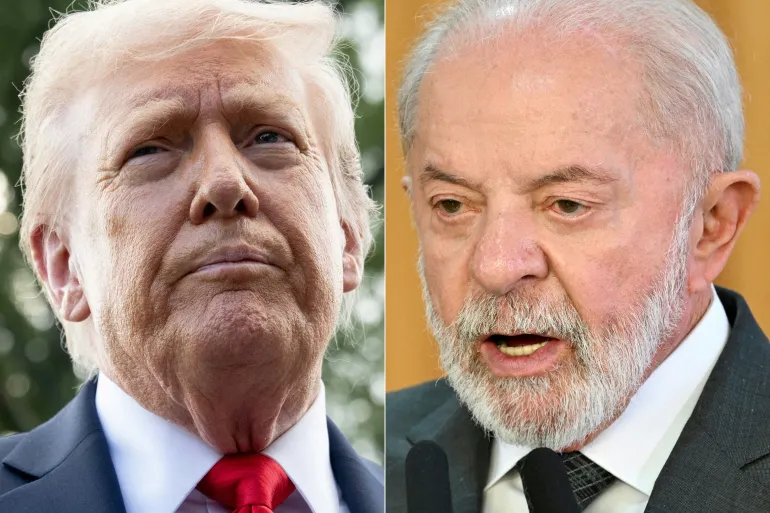

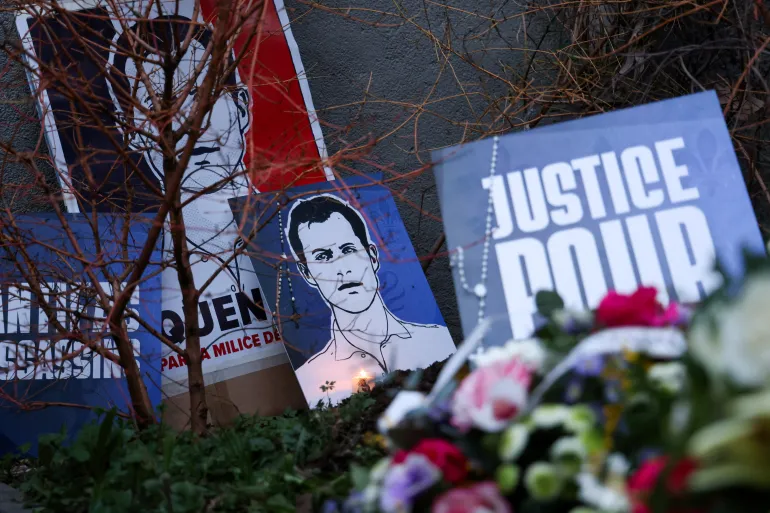
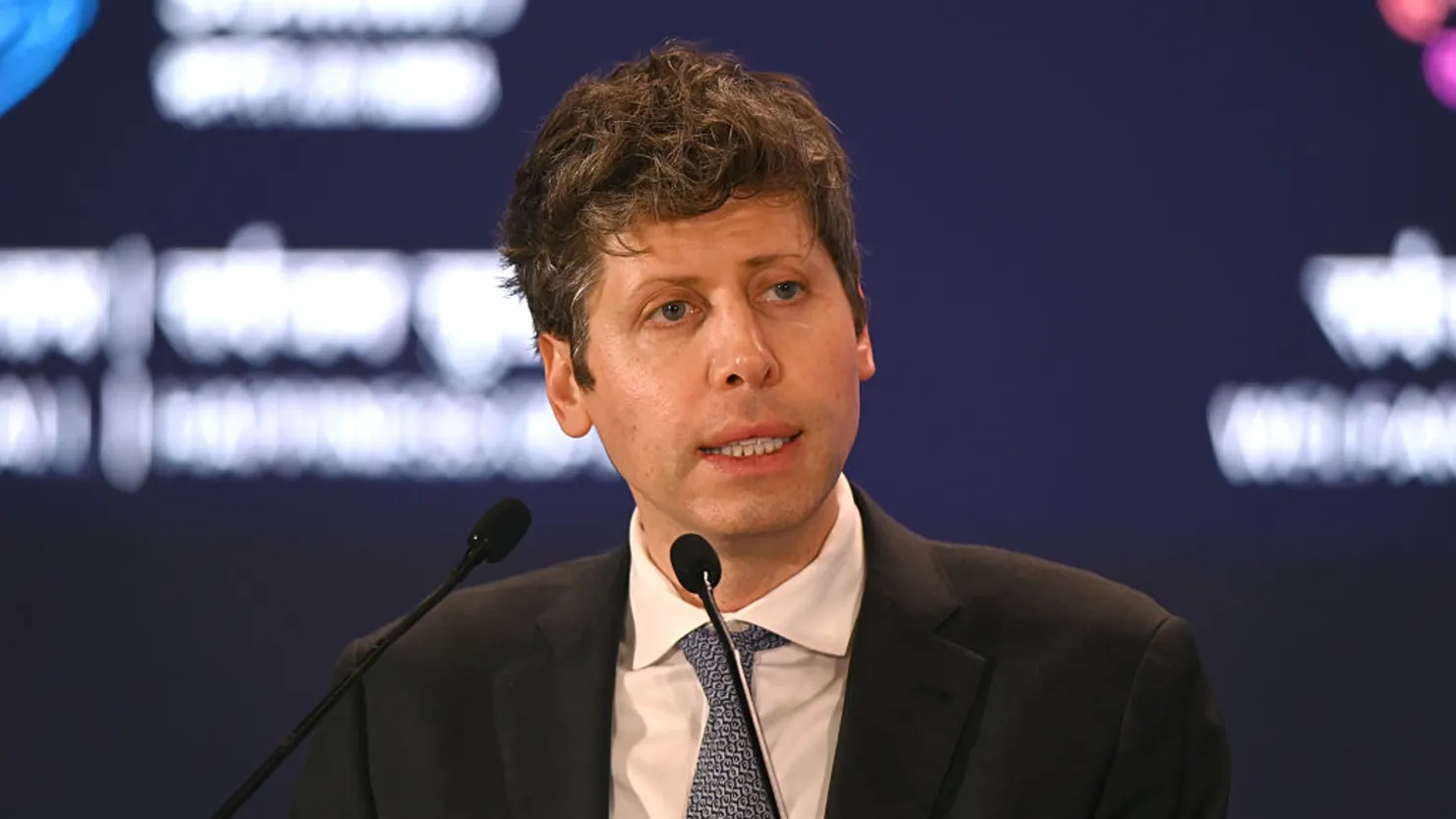
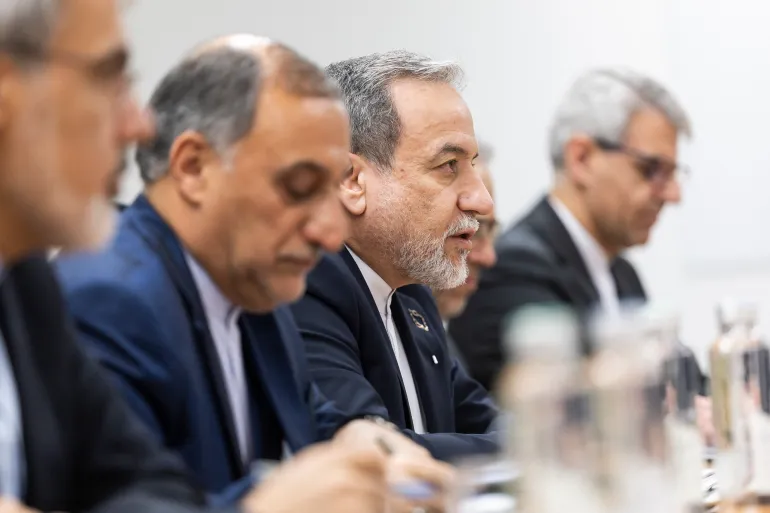




The latest news in your social feeds
Subscribe to our social media platforms to stay tuned